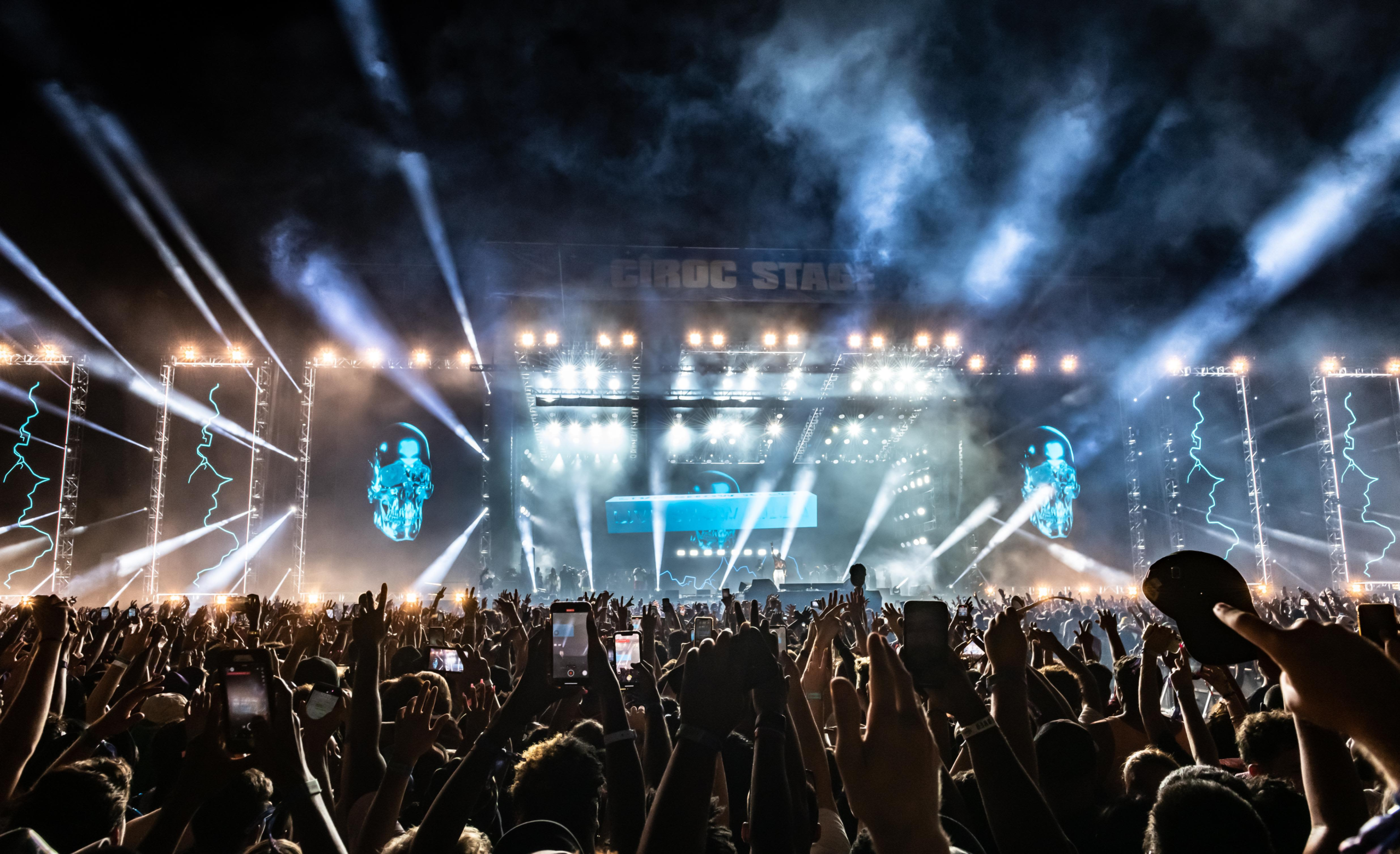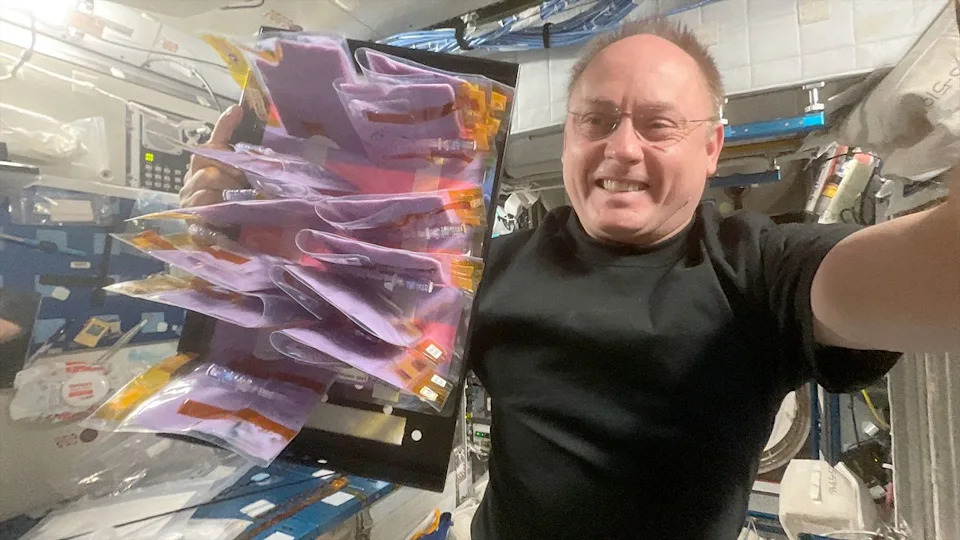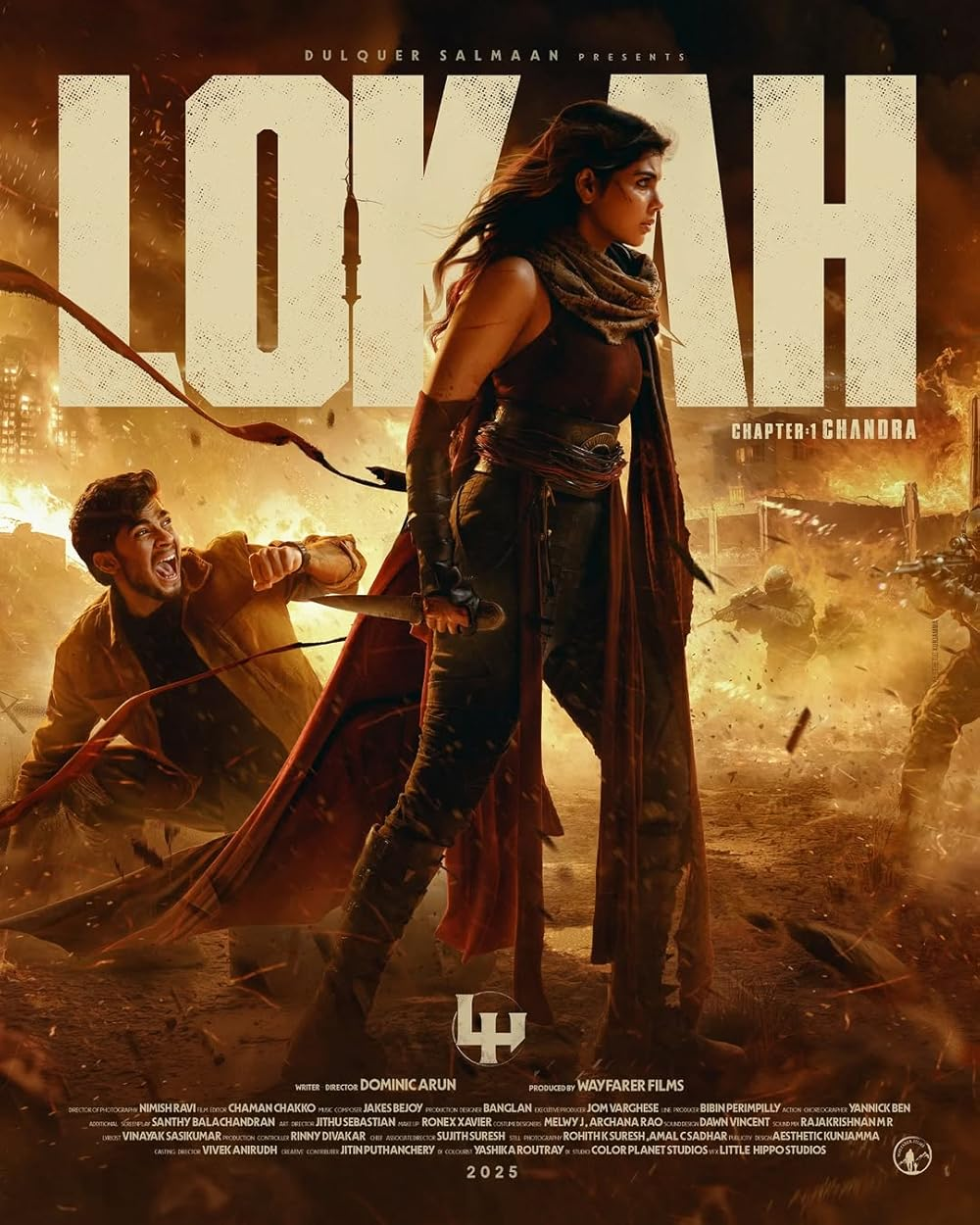The pulsating energy of music festivals, the glittering allure of awards ceremonies, and the steady cadence of industry events form much more than just a calendar of dates for artists and fans alike. They are, in many ways, milestones of cultural expression that intertwine deeply with human health and wellness. As the music industry evolves, so too does our understanding of how these gatherings influence not only the creative spirit but also mental health, physical well-being, and even longevity. The annual cycle of events documented by sources like Billboard doesn’t merely chronicle who’s performing or winning; it offers a unique lens through which to explore how music, community, and health intersect.
Music festivals, often sprawling over days and drawing tens of thousands, have become modern-day communal rituals, echoing ancient traditions where rhythm and dance were central to social and spiritual life. Yet, these events carry a dual edge: the very environments that foster joy, connection, and catharsis can also challenge physical and mental health. The long hours of standing or dancing, exposure to loud music, and the unpredictability of festival environments can strain the body. However, research published in The Journal of Positive Psychology shows that the shared experience of music festivals can significantly boost well-being, reduce feelings of isolation, and promote positive social bonds. These benefits suggest that when approached mindfully, festivals can act as potent preventive medicine against the loneliness and stress that pervade modern life.

Award shows, often viewed through the lens of glamour and competition, also hold layers of psychological impact. Beyond the spectacle, these events spotlight the human stories of perseverance, creativity, and sometimes, vulnerability. The narratives of artists overcoming adversity resonate widely, providing inspiration that can motivate healthier habit formation and resilience in audiences. Psychologists note that witnessing role models openly discussing mental health challenges or advocating for wellness can normalize these conversations in society. For instance, several recent ceremonies have included poignant moments addressing mental health, subtly shifting public discourse toward empathy and awareness. This cultural shift aligns with findings from the American Psychological Association, which emphasizes the role of media and public figures in shaping attitudes toward mental wellness.
The music industry’s calendar also encapsulates a rhythm of renewal and reflection. Between the raucous festivals and the glitzy awards, there are countless workshops, panels, and wellness-focused gatherings increasingly integrated into events. These spaces provide artists and attendees alike with tools to navigate the demanding lifestyle of the industry—balancing the pressures of fame, creativity, and physical health. Nutritionists, trainers, and mental health professionals are becoming fixtures at major events, underscoring a growing recognition that longevity in music requires more than talent; it demands holistic care. This evolution is a testament to a broader cultural awareness that preventive medicine and sustainable habits are as vital in the arts as they are in any other field.

For fans who traverse continents to immerse themselves in these experiences, the impact on wellness can be profound. The fusion of movement, melody, and communal joy often results in what some describe as a form of therapeutic release. This is not merely anecdotal; neuroscientific studies, such as those reviewed by Nature Neuroscience, reveal how music stimulates brain regions involved in emotion regulation, stress reduction, and social bonding. Such insights help explain why music festivals can feel revitalizing, even transformative, fostering mental resilience and emotional balance long after the last note fades.
Yet, the flip side of this vibrant culture involves challenges that demand continued attention. Issues like substance misuse, sleep deprivation, and the physical toll of travel to multiple events can undermine these benefits. The industry’s growing commitment to wellness initiatives—ranging from safer festival environments to mental health hotlines—is a hopeful sign that the calendar of music events is becoming not only a celebration of artistry but also a platform for health advocacy.
As the music industry marches forward, balancing spectacle with sustainability, it invites us all to reflect on the rhythms of our own lives. How do we cultivate habits that echo the harmony and vitality found in music? How can the collective energy of a festival inspire personal growth and well-being? Exploring these questions is part of our story, a narrative that intertwines culture, health, and human connection. The music industry events calendar is more than a schedule—it is a living map of experiences that shape our collective and individual wellness.
In the end, music’s power lies not only in its notes but in its ability to foster resilience, joy, and longevity. As we anticipate the next festival or awards night, perhaps the most profound takeaway is the reminder that health and harmony are inseparable, much like the melodies that move us.
Yet, the evolving landscape of music events also presents a fascinating dialogue about accessibility and inclusivity, themes that have taken on renewed urgency in recent years. Festivals and awards shows, once perceived as exclusive gatherings, are increasingly reimagining their spaces to welcome diverse audiences and artists alike. This shift is not merely cosmetic but rooted in a deeper understanding that music, as a universal language, must reflect the full spectrum of human experience. For instance, events like South by Southwest (SXSW) have expanded their programming to include panels and showcases highlighting underrepresented voices, while simultaneously integrating wellness workshops that address the unique pressures faced by marginalized communities within the industry. By embedding these conversations into the fabric of their schedules, the calendar becomes a dynamic arena where culture, equity, and health intersect.

However, this pursuit of inclusivity is not without its challenges. The tension between commercial interests and authentic representation often surfaces in debates over lineups, sponsorships, and the commodification of cultural expressions. Critics argue that some events risk tokenism or superficial gestures, diluting the potential for genuine systemic change. Yet, the very act of wrestling with these issues in public forums—be they panel discussions at the event or social media dialogues—signals progress. It also prompts a broader reflection on how the music industry can harness its influential platforms to promote social justice alongside entertainment. The ripple effect of these efforts extends beyond the festival grounds, influencing how audiences perceive and engage with music as a catalyst for empathy and activism.
Looking ahead, technology continues to reshape the contours of music events in profound ways. Virtual and hybrid festivals, accelerated by the global pandemic, have introduced new possibilities for participation that transcend geographical and physical limitations. Platforms like YouTube, Twitch, and bespoke apps now host live performances and interactive experiences that maintain the communal spirit of festivals while offering personalized access. This democratization of attendance not only expands reach but also invites innovative approaches to integrating health and wellness content. For example, live-streamed mindfulness sessions or real-time mental health check-ins during events are becoming more common, emphasizing that care for the self is integral to the shared experience of music.
As these digital innovations evolve, they also raise questions about the sustainability of in-person gatherings and the environmental footprint of large-scale events. The industry’s growing commitment to green initiatives—such as carbon offsetting, waste reduction, and eco-friendly production practices—reflects a recognition that health extends beyond the individual to encompass planetary well-being. Music festivals like Glastonbury and Primavera Sound have pioneered efforts to minimize environmental impact, setting benchmarks for others to follow. This holistic approach, where artistry, community, health, and ecology converge, paints a hopeful picture of the future of music events.
In this ongoing narrative, the music industry events calendar remains a vibrant, ever-changing chronicle of human creativity and resilience. It invites us not only to witness performances but to participate in a larger cultural movement—one that embraces complexity, champions inclusivity, and nurtures well-being in all its forms. Whether through the electrifying energy of a live concert or the quiet moments of reflection inspired by a favorite song, the calendar is a testament to music’s enduring power to heal, connect, and transform.
Yet, amid these promising developments, the music industry faces the perennial challenge of balancing commercial imperatives with authentic artistic expression. Award shows, often seen as the pinnacle of recognition, can sometimes feel caught in this tension, where spectacle and marketability overshadow the nuanced craft of musicianship. The Grammys, for instance, have undergone intense scrutiny in recent years over diversity and transparency, sparking conversations that ripple through the calendar of events that spotlight talent worldwide. Such controversies highlight a broader cultural reckoning within the industry—one that demands more than just celebration but a reckoning with representation, equity, and the evolving definitions of success.
This tension is also evident in festival lineups, which increasingly strive to reflect a multiplicity of voices and genres, yet often grapple with the commercial pressures of headliner-driven ticket sales. The rise of niche festivals and genre-specific showcases offers an antidote, providing spaces where emerging artists and underrepresented communities can thrive away from the mainstream glare. These gatherings not only enrich the sonic landscape but also foster intimate connections between artists and audiences, reminding us that music’s power often lies in its capacity to create belonging. In this way, the events calendar is not merely a schedule of dates but a map of cultural shifts and the ongoing dialogue between tradition and innovation.
Moreover, the global nature of the music industry calendar underscores the cross-pollination of cultural influences that shape contemporary sounds. From Afrobeat rhythms resonating in European festivals to K-pop’s explosive presence in American award shows, these events document a world increasingly interconnected through music. They serve as platforms where cultural exchange transcends borders, challenging audiences to expand their horizons and embrace diversity in its many forms. Yet, this globalization also prompts critical reflection on issues of cultural appropriation and the ethics of artistic borrowing, reminding stakeholders to approach such exchanges with respect and awareness.
Looking ahead, the integration of cutting-edge technology—like virtual reality concerts and AI-driven music curation—promises to redefine the calendar once more, offering immersive experiences that could democratize access while raising new questions about authenticity and human connection. As the music industry navigates these frontiers, its events will continue to be both mirrors and makers of society, chronicling the joys, struggles, and aspirations of artists and fans alike. In this ever-evolving landscape, the music industry events calendar remains a living document, inviting us to listen not only with our ears but with our hearts and minds.
As we reflect on the evolving tapestry of the music industry, it’s impossible to ignore how these events have increasingly become sites of social commentary and activism. Festivals and award ceremonies, once primarily celebratory, now frequently spotlight pressing societal issues—from climate change to racial justice—amplifying the voices of artists who use their platforms to advocate for change. The 2020s, in particular, have seen a surge in socially conscious programming, with lineups curated to highlight marginalized voices and initiatives aimed at sustainability becoming central themes rather than afterthoughts. This shift signals a broader awareness within the industry that music is not just entertainment but a powerful medium for empathy and mobilization. The challenge moving forward lies in balancing commercial interests with genuine commitments to these causes, ensuring that activism within music events remains authentic and impactful rather than performative.
The infrastructure of these events also tells a story of resilience and adaptability. The global pandemic served as an unprecedented disruption, forcing cancellations, postponements, and a rapid pivot to digital formats that few could have anticipated. While virtual festivals and live-streamed award shows initially felt like stopgap solutions, they’ve since evolved into legitimate fixtures within the music calendar, expanding the reach of events far beyond physical attendance limits. Artists who might have struggled to secure a spot on traditional stages found new opportunities in these virtual spaces, democratizing access in unexpected ways. However, this digital turn also raises questions about the future of live music experiences—will the visceral energy of in-person gatherings ever be fully replicated online, or are we witnessing an irreversible hybridization of formats?

Furthermore, the economics underpinning the music industry events calendar have undergone significant transformation. Sponsorships, brand partnerships, and exclusive media rights now wield considerable influence over the shape and scope of festivals and award shows. This influx of corporate involvement brings both opportunity and tension: while it can provide much-needed financial stability and broaden audience engagement, it also risks commodifying artistic expression and narrowing curatorial freedom. The negotiation between artistic integrity and commercial viability remains a delicate dance, one that organizers and artists must navigate with care.
Looking to the horizon, the infusion of artificial intelligence and data analytics into event planning and audience engagement offers tantalizing possibilities. Personalized festival experiences, AI-generated setlists, and even holographic performances could redefine how we interact with music events. Yet, as these innovations unfold, they compel us to ponder what it truly means to experience music collectively. The music industry events calendar, therefore, stands not just as a ledger of dates but as a dynamic chronicle of cultural evolution—where technology, artistry, commerce, and activism intertwine. Its pages invite us to witness the unfolding story of human creativity in all its complexity and to anticipate the surprising ways music will continue to connect us in an ever-changing world.
As we delve deeper into this evolving landscape, it’s impossible to ignore the role that social and political movements have begun to play within music industry events. Festivals and award shows have increasingly become platforms for activism, where artists wield their influence to spotlight issues ranging from climate change to racial justice. This shift reflects a broader cultural awakening, where music does not merely entertain but also provokes and inspires collective action. The significance of these events extends beyond the stage; they become moments of communal reckoning, where the power of sound meets the urgency of societal change. This interplay between art and advocacy challenges organizers to balance spectacle with substance, ensuring that the message resonates without being overshadowed by glitz or commercial interests.
The global nature of music festivals also warrants attention. Events like Glastonbury in the UK, Coachella in the US, and Primavera Sound in Spain have transcended their local origins to become pilgrimage sites for music lovers worldwide. This globalization fosters cultural exchange but also raises questions about authenticity and appropriation. How do festivals honor the roots of diverse musical traditions while catering to a broad international audience? The answer lies in thoughtful curation and community engagement, which some events have managed with remarkable success by incorporating local artists and narratives into their lineups. Yet, the tension between global appeal and local identity remains an ongoing conversation, one that will shape the future of these gatherings.

Moreover, the pandemic’s shadow lingers over the calendar, having accelerated trends that were already nascent. Virtual concerts and hybrid events have demonstrated that music’s reach can transcend physical boundaries, democratizing access for those who might never set foot in a festival field. Yet, this digital pivot also exposes the irreplaceable magic of in-person experiences—the spontaneous moments, the shared energy, the unspoken connection between performer and audience. As the industry cautiously reopens, there is a palpable hunger for reconnection, but with a newfound appreciation for the inclusivity and innovation that technology affords. The challenge moving forward will be to harmonize these dual modalities, crafting experiences that honor tradition while embracing change.
In this context, the role of emerging artists and niche genres becomes a crucial piece of the puzzle. Events that once centered on mainstream acts are increasingly incorporating diverse voices, reflecting shifting demographics and tastes. This inclusivity not only enriches the musical tapestry but also ensures that the calendar remains a living document of cultural vitality. These platforms offer vital exposure and community for artists who might otherwise be marginalized, underscoring the democratizing potential of the music events ecosystem. The ripple effects extend beyond the stage, influencing industry trends, audience expectations, and even the economics of music production and distribution.
As the music industry events calendar continues to expand and evolve, it serves as a mirror to society’s broader transformations. Each festival, award show, or conference is a snapshot of a moment in time—capturing the hopes, conflicts, and innovations that define our era. For fans, artists, and industry professionals alike, engaging with this calendar is more than marking dates; it’s participating in an ongoing dialogue about the role of music in our lives. The future promises new rhythms and refrains, shaped by technology, culture, and the unyielding human desire to connect through sound.



